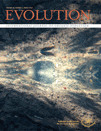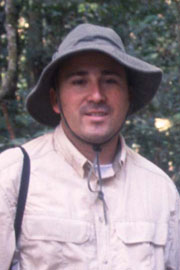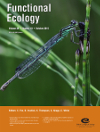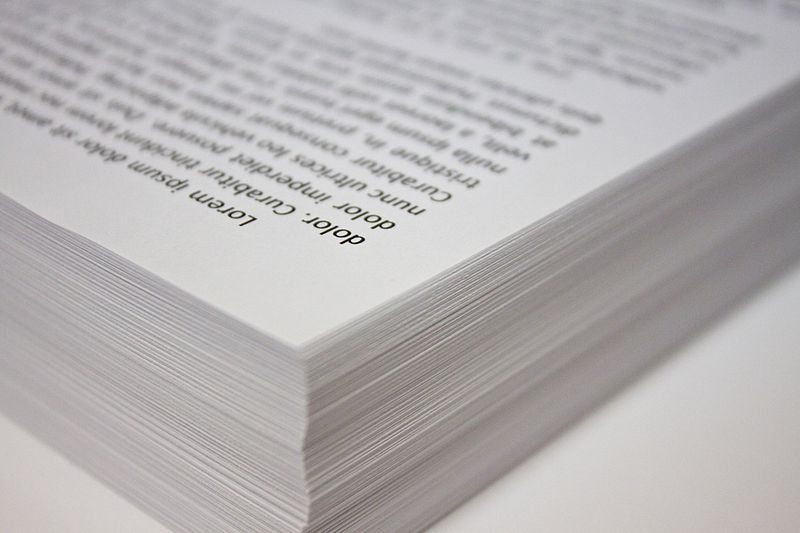
We’re asking ourselves that question after reading a recent paper which shows that — in the ecology literature, at least — longer papers gather more citations.
In “Citations increase with manuscript length, author number, and references cited in ecology journals,” Charles Fox at the University of Kentucky and his colleagues found exactly what the title specifies — ecology papers published between 2009 and 2012 received more citations if they were longer, included more authors, and/or had a longer list of references.
It wasn’t a big difference, the authors note in Ecology and Evolution: Continue reading Should journals abolish word limits for papers?
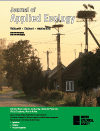
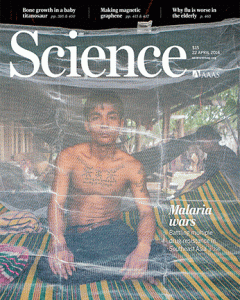 An expert group at Uppsala University has recommended not proceeding with a full investigation into allegations of misconduct in a high-profile Science paper showing how human pollution may be harming fish.
An expert group at Uppsala University has recommended not proceeding with a full investigation into allegations of misconduct in a high-profile Science paper showing how human pollution may be harming fish. A contentious case over whether a fired ecologist deserves whistleblower protection is playing out in Kansas, and the National Science Foundation (NSF) has once again weighed in.
A contentious case over whether a fired ecologist deserves whistleblower protection is playing out in Kansas, and the National Science Foundation (NSF) has once again weighed in.